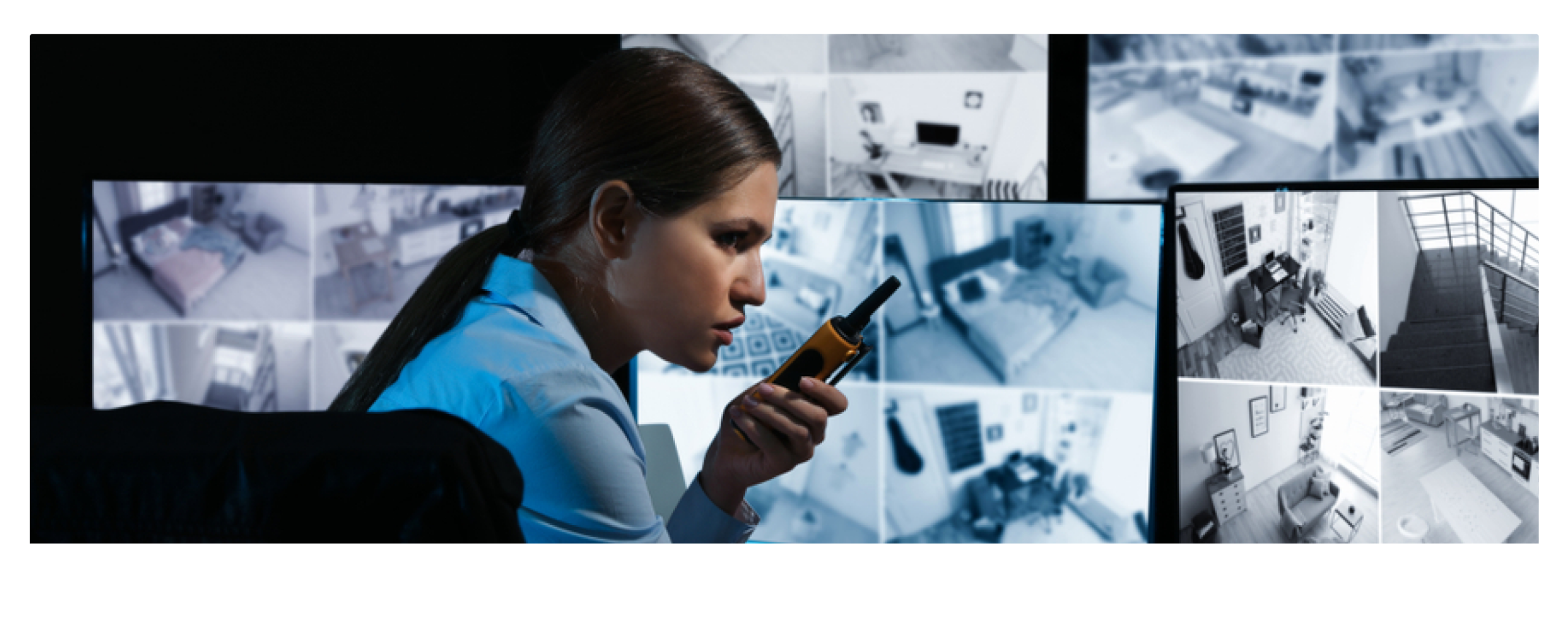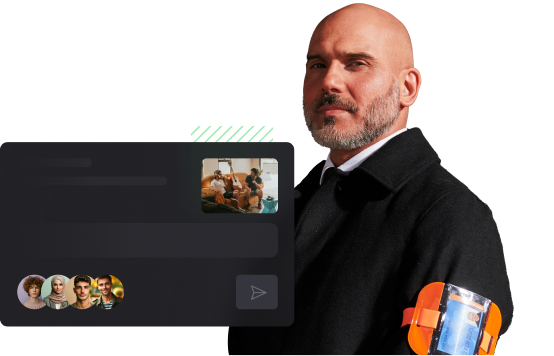Security technology has come a long way from its early days. Innovations over the years have significantly enhanced our ability to protect people, property, and information. In this blog post, we’ll journey through some of the most important security inventions and explore how each has contributed to making the world a safer place.
1. Invention of the Burglar Alarm (1853)
Augustus Russell Pope, an American inventor, patented the first electromagnetic burglar alarm. This early system paved the way for modern security systems designed to detect unauthorised entry into buildings. Today’s burglar alarms are highly sophisticated, often integrated with smart home technology to provide real-time alerts and remote monitoring.
2. Invention of the Metal Detector (1881)
Alexander Graham Bell, known for inventing the telephone, also created the first metal detector. Initially, it was used to locate a bullet lodged in President James Garfield. Over time, metal detectors became essential for security screening, particularly in airports, schools, and events, ensuring that dangerous items are detected and prevented from causing harm.
3. Fingerprint Identification (1892)
Juan Vucetich, an Argentine police official, pioneered the use of fingerprint identification for criminal investigations. This method became a cornerstone of modern forensic science, allowing for the precise identification of individuals based on unique fingerprint patterns.
4. Portable X-Ray Machines (1913)
William Coolidge and his team developed the first portable X-ray machine, revolutionising medical diagnostics and security screening. Portable X-rays are now crucial in various security applications, including airport screening and border control, ensuring the detection of concealed threats.
5. Invention of the Walkie-Talkie (1937)
Canadian engineer Donald Hings invented the walkie-talkie, which gained widespread use during World War II by Allied forces. This portable two-way radio revolutionised communication, allowing instant contact between individuals over long distances. Walkie-talkies remain a critical tool in security operations, enabling quick and reliable communication in various situations.
6. The First Use of CCTV (1942)
The closed-circuit television (CCTV) system was first installed in Germany by Siemens AG to monitor V-2 rockets. This marked the beginning of surveillance technology, allowing real-time monitoring of activities and providing a significant leap in security capabilities. Today, CCTV systems are ubiquitous, found in homes, businesses, and public spaces worldwide, helping to deter crime and provide crucial evidence when needed.
7. Introduction of Security Badges (1940s)
The 1940s saw the standardisation of security badges for identifying and granting access to authorised personnel in secure areas. This innovation enhanced workplace security by ensuring that only vetted individuals could enter sensitive locations. Today, security badges often incorporate advanced features such as RFID technology, adding an extra layer of protection and convenience.
9. Biometric Security Systems (1960s)
The development of biometric security systems, such as retinal and fingerprint scanners, began in the 1960s. These systems provide a high level of security by using unique biological traits to verify identity. Today, biometric technology is used in smartphones, secure facilities, and even airport security.
Conclusion
From the first CCTV systems to advanced biometric security, each of these innovations has played a crucial role in the evolution of security technology. As we continue to develop new and improved methods for protecting ourselves and our assets, it’s fascinating to look back at these milestones and appreciate the progress we’ve made. Stay tuned for more insights into the world of security technology and how it continues to evolve to meet the challenges of tomorrow.
Start Working in Security with Get Licensed
Interested in a career in security? At Get Licensed, we offer comprehensive SIA training courses that can help you get started. Whether you’re looking to become a CCTV operator, a door supervisor, or a security officer, our courses are designed to provide you with the knowledge and skills you need to succeed in the security industry.
Our CCTV training courses cover everything from the basics of operating surveillance systems to advanced techniques in monitoring and reporting. For those interested in door supervisor training, we provide in-depth instruction on conflict management, physical intervention, and legal aspects of the role. We also offer courses for security officers, focusing on essential skills like patrolling, report writing, and emergency procedures.
By completing our SIA-approved training courses, you’ll be well-prepared to take on various security roles and contribute to creating safer environments. Our expert trainers and practical learning approach ensure you gain the confidence and competence needed to excel in your security career.


Leave a Reply